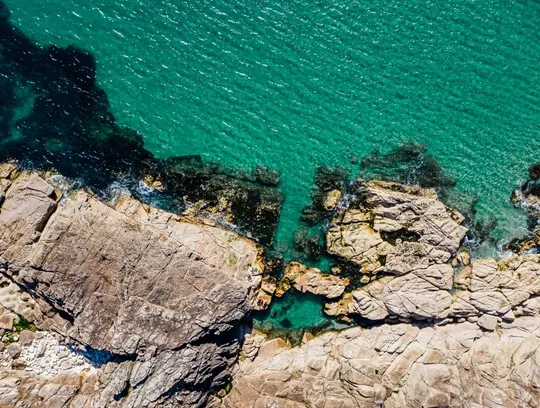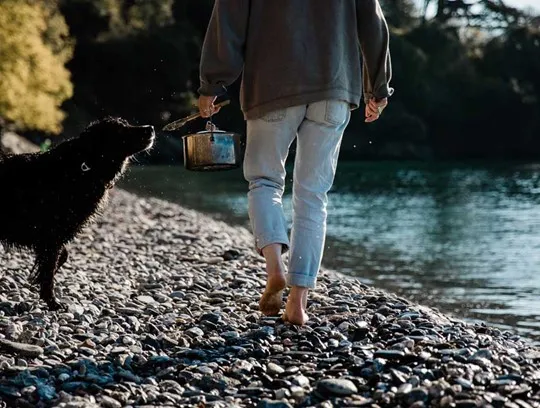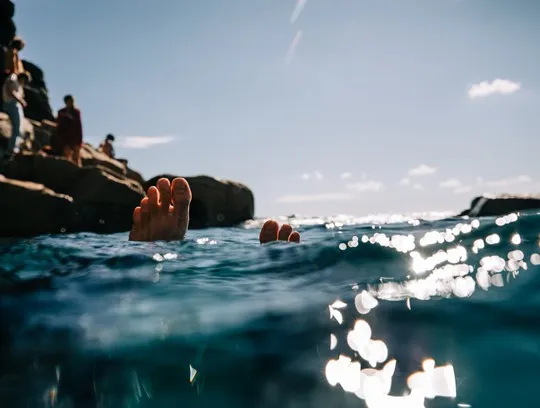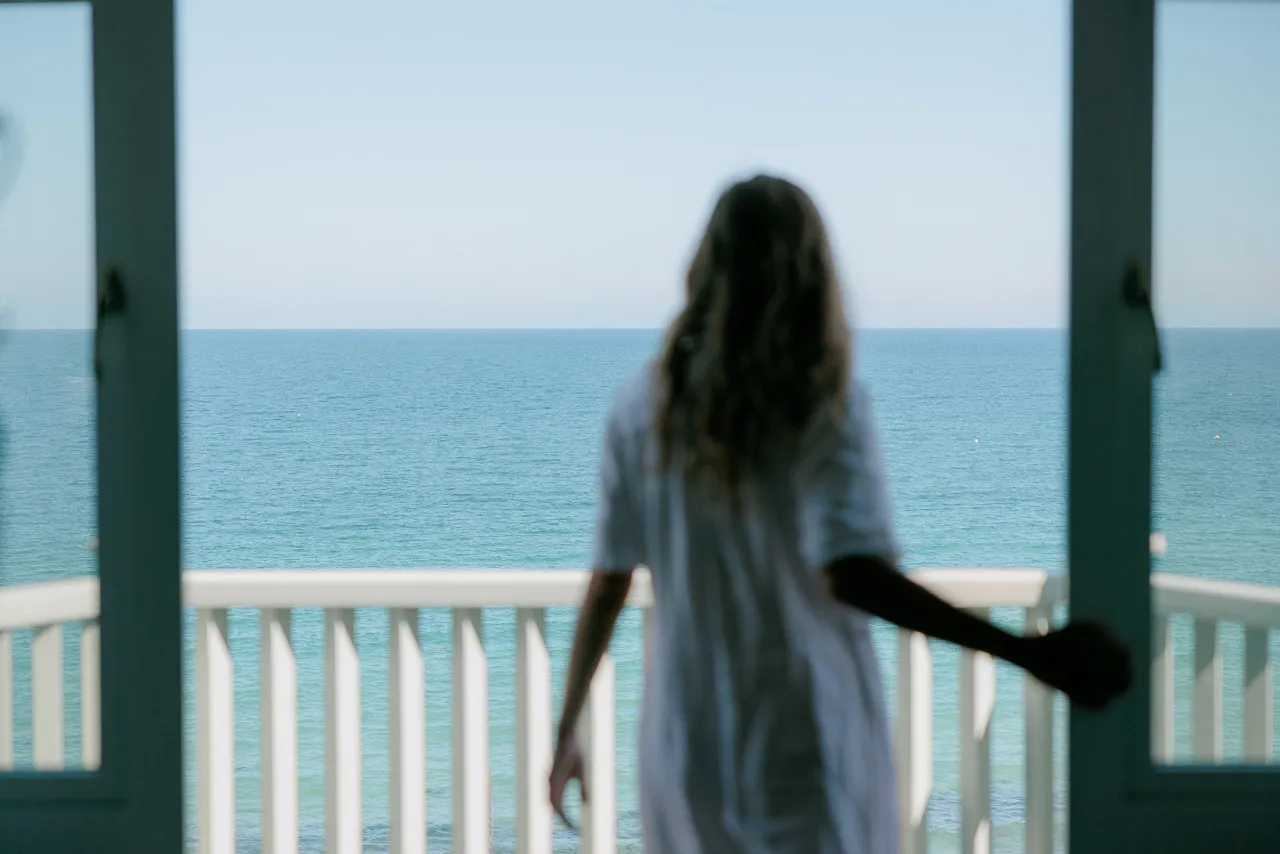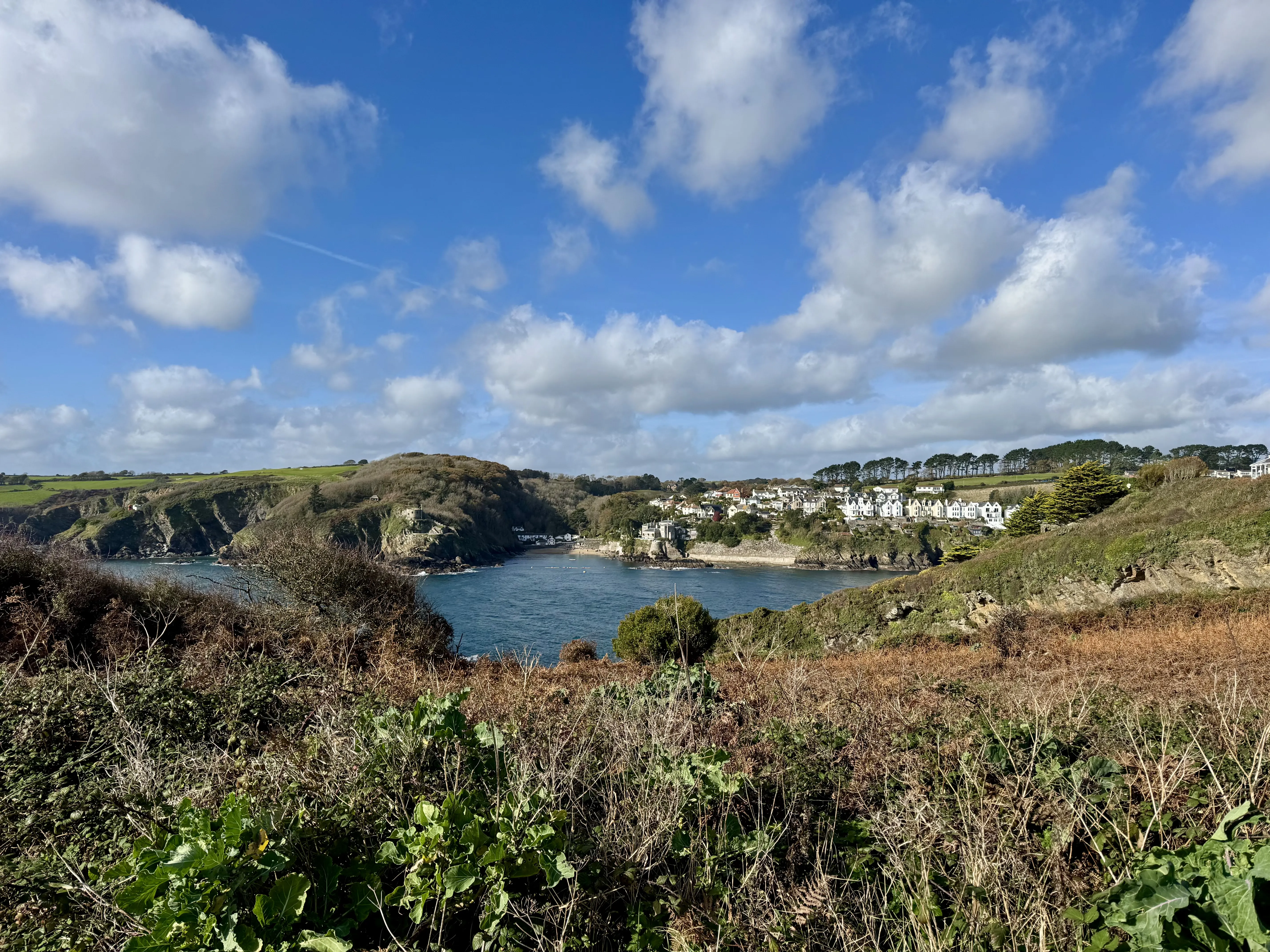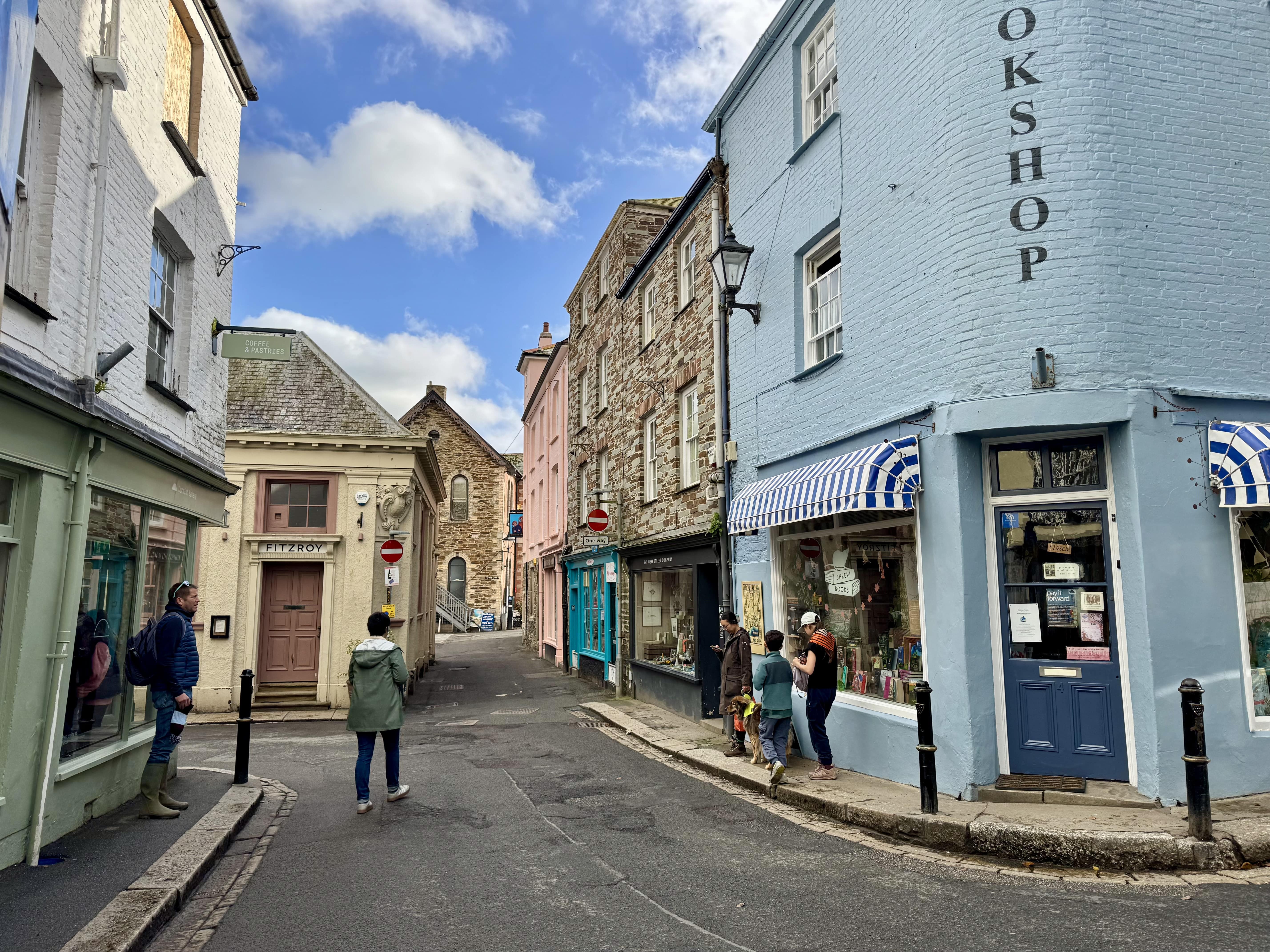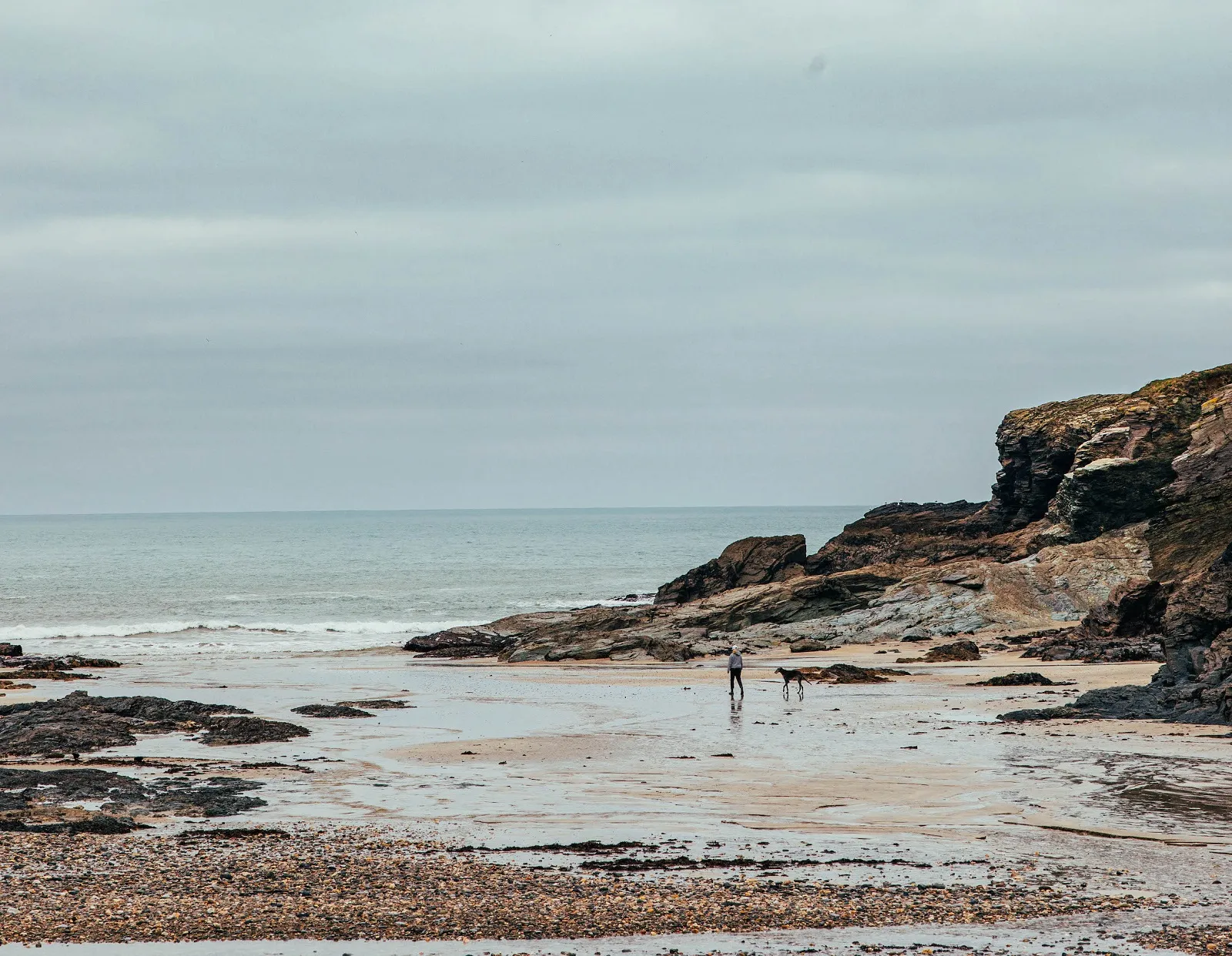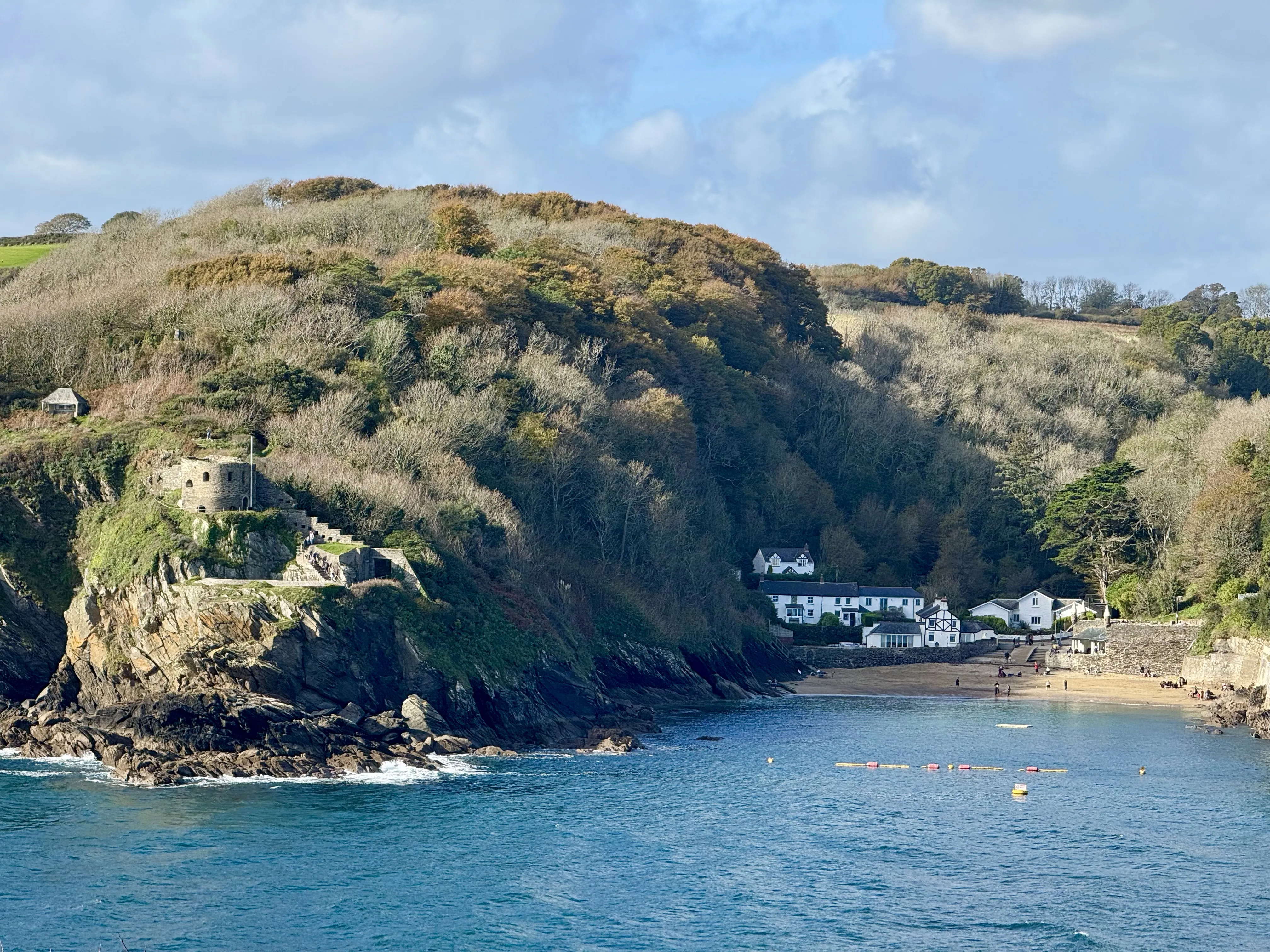Home / Change of Pace: Surface
Change of Pace: Surface
11th August 2021
Flat calm or firing, the ocean’s surface offers up myriad ways to revel in the joys of watertime…
Find out why New Year is the best time to visit Cornwall and some of our holiday retreats to stay in for the New Year.
Unsteady balance
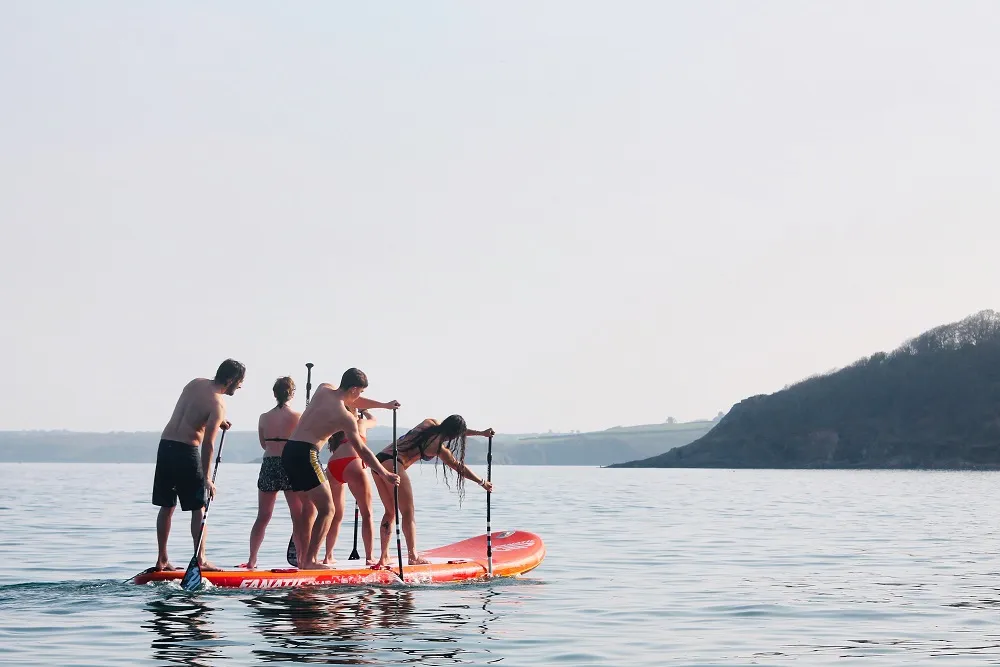
Credit: WeSup
A teetering wobble as you clamber to your feet, the unusual perspective gained from standing on the sea, the blissed out feeling of moving steadily forward over the ocean under your own propulsion. Not overly challenging, and easy to get up and running with, it’s no wonder paddleboarding’s popularity has soared in recent years.
“Its popularity with the public is because of the iconic slow-paced adventures around surreal tropical coastlines,” says Harvey Bentham at WeSup in Falmouth, “but the reality is that’s only one part of why paddlboarding is such a joy.”
It’s the variety of ways people engage with the sport, he goes on to explain, that makes it so alluring. “It ticks so many boxes for so many different people. We’ve seen hula-hoops, cartwheels, one-footed paddling – when the weather gifts us flat windless days we can get out and do some yoga, or headstands, or stretch our ‘legs’ and go further around the coast for a longer paddle.”
Check out more of what Falmouth has to offer by staying in one of our bespoke retreats in Falmouth.
“If the swell is up we ride waves and experience the thrill of the ocean pushing and pulling the board around, it’s definitely a different kind of buzz.”
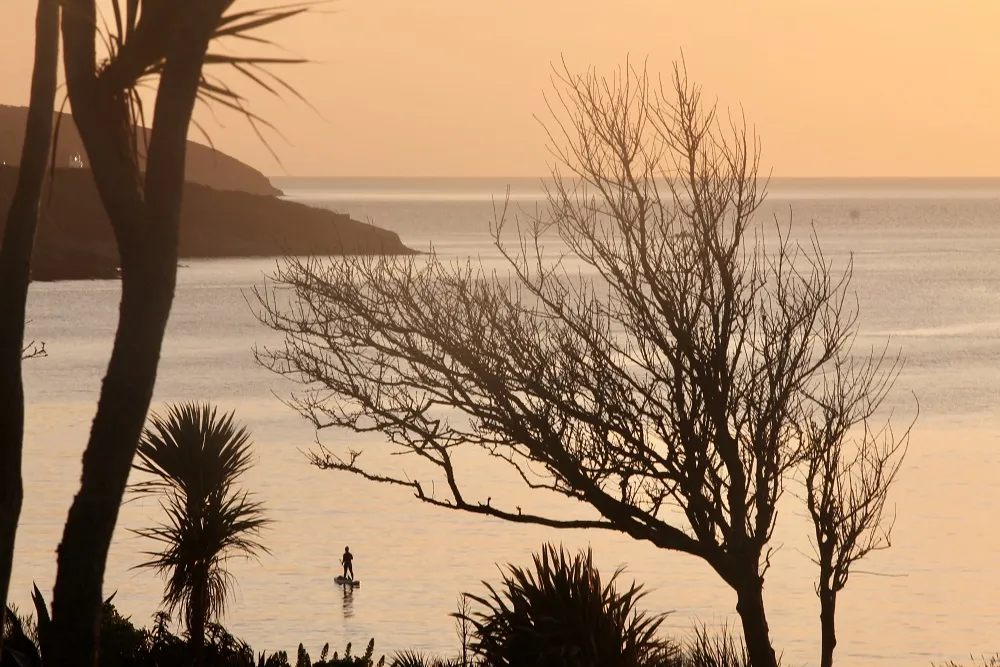
Credit: WeSup
In his book Blue Mind: How Water Makes Us Happy Marine Biologist Dr. Wallace Nicholls explains that the rhythmic act of paddling creates an almost meditative state, with “significant evidence proving that interacting with water offers us huge benefits cognitively.” With this in mind, it’s no wonder that so many people extol the virtues of a paddle before work, or to refresh after a long day.
Simply doing your normal activity somewhere different (yoga on a paddleboard), or seeing the coast in a different way can be exhilarating enough, but for Harvey, there’s another side to the sport that comes into its own when the sets start lining up. “If the swell is up we ride waves and experience the thrill of the ocean pushing and pulling the board around, it’s definitely a different kind of buzz,” he says. Waveriding on a paddleboard is one of the oldest forms of surfing and the rush from dropping into the face and firing down the line is hard to match. Of course, that kind of skill takes years to master, but even for ‘newbie’ paddlers, waves bring a different dimension to the experience. “It depends what you’re looking for from your time on the board, the possibilities are endless – calm or choppy.”
Regardless of preference, there’s one part of paddleboarding that is inevitable and something you simply have to embrace. The swift plunge into cold water when you lose your balance and slip from your board. Enjoy the sensation and revel in the moment. It’s good for your mind, after all.
Surfing slowdown
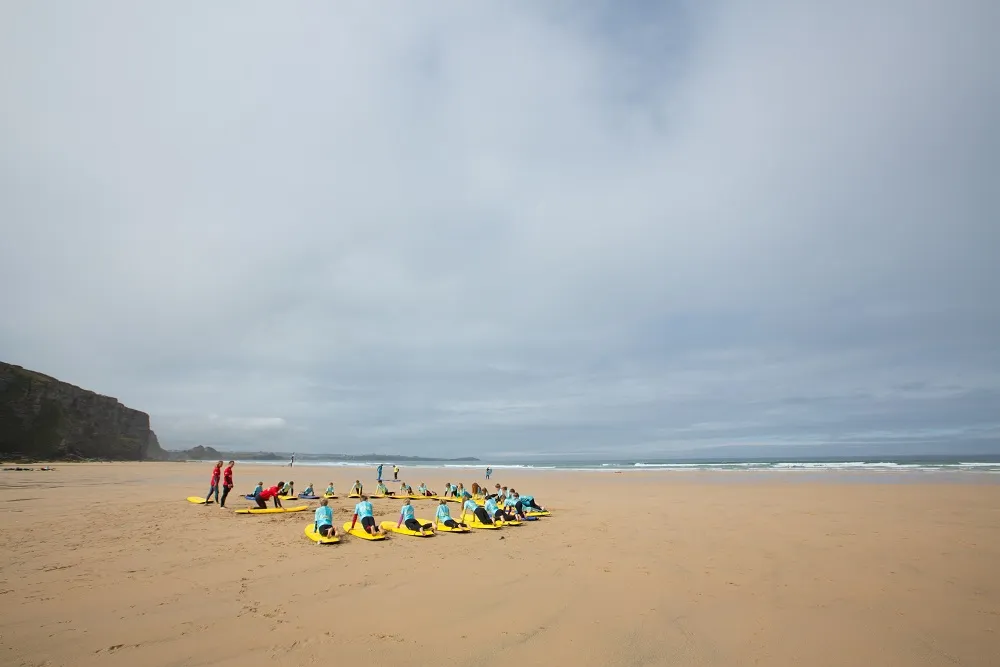
Credit: Extreme Academy
Surfing is undeniably a sport built around the adrenalin rush of the ocean catapulting you forward full throttle. But its high octane reputation belies one of the little considered truths of surfing. That a lot of the time, it’s about exactly the opposite.
Former waveski world champion Carl Coombes now runs Extreme Academy at Watergate Bay and is keen to advocate the contemplative element of the sport. “The moment before the ride is often one of reflection and wellbeing,” he explains, “reading the ocean, understanding its movements and sensing the right time to go, the right wave to choose. Mastering the process and commitment of your wave selection and the art of patience, it’s as much a part of surfing as charging.”
While each wave lasts only a handful of seconds, a surf session can last hours on a good day, so there’s a lot of sitting in the ocean experiencing the moment. “It’s why surfers have such an affinity with the sea, and often care so much about protecting it,” he continues. “Spending that amount of time in the water, the things you see, the wildlife, skies, quiet, its value can’t be quantified.”
For Dr. Nicholls, surfers exhibit more of the ‘blue mind’ state than anyone: “they’re attuned to the water,” he writes, “used to watching it carefully for hours on end, reading its changes, looking for the smallest indication that the next wave will be, if not the perfect wave, at least rideable.”
“You see a great session bringing the same enjoyment to a seasoned pro and a novice that has stood up for the first time.”
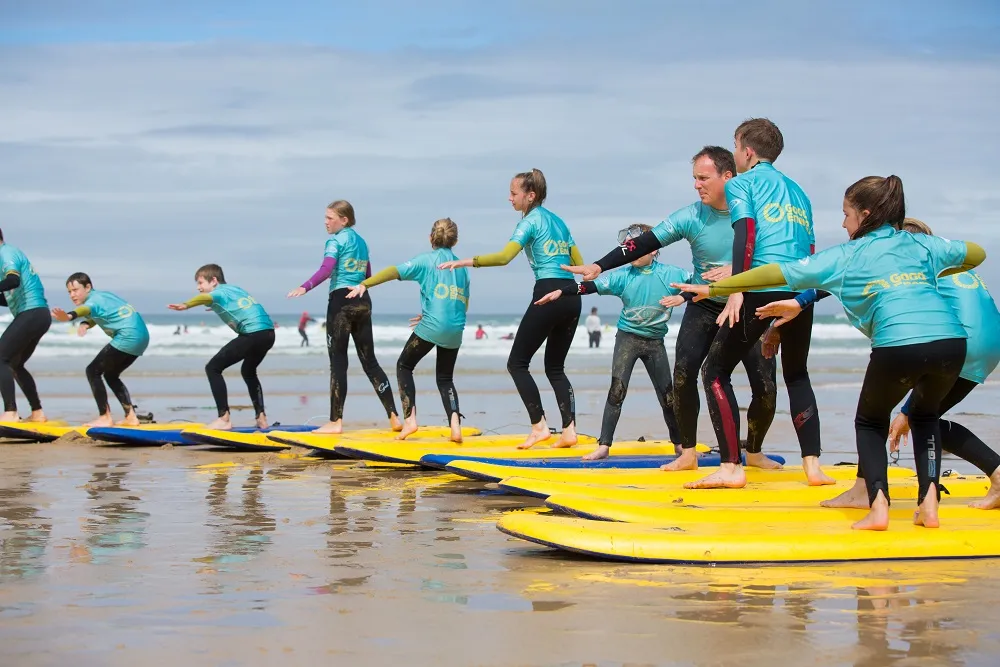
Credit: Extreme Academy
And that starts from the first time you paddle into a wave. Learning with a surf school is about meeting like minds, practicing the necessary physical skills but also understanding more about the sea and how and when to harness its energy.
All of that is extremely rewarding both mentally and physiologically. “You’ll finish a class or a session exhausted but also refreshed, by your time in the water, by the experience you’ve had. It’s a unique sensation,” Carl concludes. “And that’s the thing I love about surfing – whatever your ability, the reward is the same. It’s fully inclusive, low impact, great therapy, a real adrenaline rush while being relaxing and clearing your thoughts of all life’s woes.
“You see a great session bringing the same enjoyment to a seasoned pro and a novice that has stood up for the first time. Who wouldn’t want to get involved in a sport that can offer that?”
Read about adventures of every pace: on the shoreline or in the deep too…
Read our blog on the best things to do in the sea in every season!
